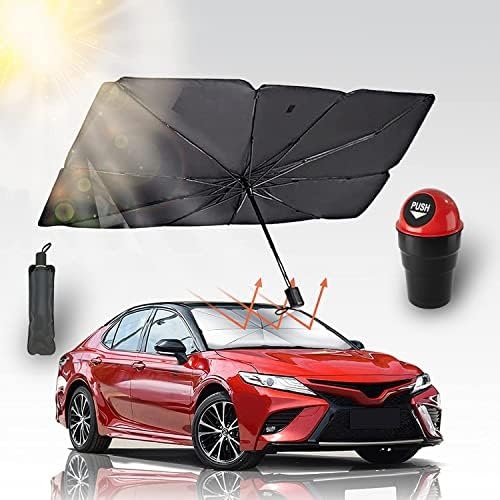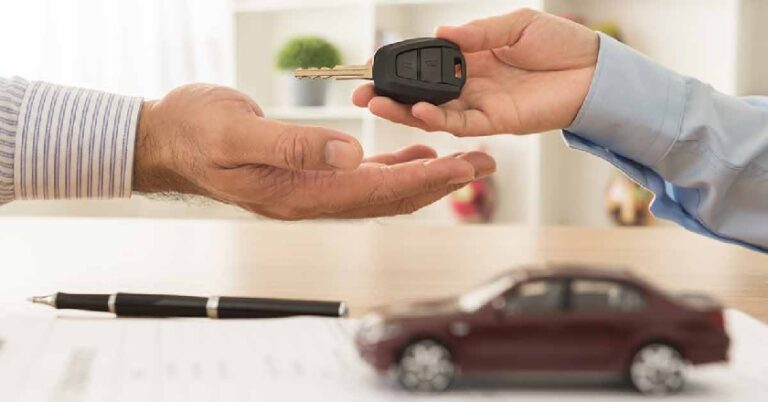
Operating a vehicle dealership is a complex endeavor that requires adherence to various legal and regulatory requirements. Among these prerequisites, obtaining the necessary sales licensing stands out as a critical component for ensuring a smooth and compliant business operation. In this article, we delve into the significance of vehicle sales licensing and how it can pave the way for a thriving dealership.
Understanding Vehicle Sales Licensing
Vehicle sales licensing is a legal mandate imposed by state authorities to regulate the sale of motor vehicles. This licensing process aims to ensure that dealerships meet specific criteria, such as having proper facilities, trained personnel, and adherence to consumer protection laws. Failure to obtain the required licenses can result in severe penalties, including hefty fines, potential business closure, and even criminal charges in some cases.
The licensing requirements often cover various aspects of dealership operations, including:
- Facility Requirements: Dealerships must have adequate showroom space, service areas, and parking facilities to accommodate customers and inventory.
- Personnel Qualifications: Salespeople and other key personnel may need to meet specific education or training requirements, undergo background checks, and obtain individual licenses or certifications.
- Financial Stability: Licensing authorities typically require dealerships to demonstrate financial solvency and maintain sufficient capital reserves to ensure ongoing operations and customer protection.
- Consumer Protection Measures: Dealerships must comply with consumer protection laws, such as truth-in-advertising regulations, fair lending practices, and proper disclosure of vehicle histories and conditions.
Benefits of Proper Vehicle Sales Licensing
1. Consumer Confidence
Consumers are more likely to trust and engage with licensed dealerships, as these establishments have undergone rigorous scrutiny and met the necessary standards set by regulatory bodies. This sense of legitimacy and credibility can significantly enhance customer satisfaction and loyalty, leading to increased sales and repeat business.
2. Legal Compliance
Obtaining the appropriate vehicle sales licenses ensures that your dealership operates within the confines of the law. This not only protects your business from potential legal repercussions but also demonstrates your commitment to ethical practices and consumer protection. By maintaining compliance, you can avoid costly fines, lawsuits, and damage to your reputation.
3. Access to Manufacturer Relationships
Many automotive manufacturers require dealerships to possess valid sales licenses before granting them the privilege of representing their brand. By securing the necessary licenses, you open doors to potential partnerships and opportunities for growth, including access to desirable vehicle models, marketing support, and favorable financing options.
4. Competitive Advantage
In an industry where trust and credibility are paramount, having the appropriate licenses can give your dealership a competitive edge over unlicensed or non-compliant competitors. Consumers may perceive licensed dealerships as more trustworthy and reputable, potentially leading to increased foot traffic and sales opportunities.
Steps to Obtain Vehicle Sales Licensing
While the specific requirements may vary across states and jurisdictions, the general process for obtaining vehicle sales licensing typically involves the following steps:
- Research Local Regulations: Familiarize yourself with the licensing requirements imposed by your state and local authorities. This information is usually available through the Department of Motor Vehicles (DMV) or similar agencies. Understand the specific criteria for facility requirements, personnel qualifications, financial stability, and consumer protection measures.
- Prepare Documentation: Gather all the necessary documentation, including proof of business establishment, zoning approvals, financial statements, background checks for key personnel, and any other required materials. Ensure that your documentation is accurate, complete, and up-to-date.
- Submit Applications: Complete and submit the appropriate applications, along with the required fees, to the relevant vehicle sales licensing authorities. Be prepared to provide detailed information about your dealership’s operations, personnel, and financial standing.
- Undergo Inspections: Be prepared for facility inspections and evaluations to ensure compliance with the established standards. Licensing authorities may conduct on-site visits to verify the information provided in your application and assess the suitability of your dealership’s premises.
- Maintain Licensing: Once obtained, vehicle sales licenses often require periodic renewal. Stay updated on the renewal process and any changes in regulations to maintain compliance. Failure to renew licenses in a timely manner can result in suspension or revocation, potentially disrupting your business operations.
- Ongoing Compliance: Implement policies and procedures to ensure ongoing compliance with licensing requirements and consumer protection laws. Regularly train your staff on relevant regulations, maintain accurate records, and promptly address any issues or complaints that may arise.
Conclusion
Obtaining the necessary vehicle sales licensing is a crucial step towards establishing a successful and compliant dealership. By navigating the licensing process diligently, you not only demonstrate your commitment to ethical practices but also gain the trust of consumers and manufacturer partners.
Prioritize this aspect of your business operations, as it can unlock a world of opportunities and pave the way for long-term success in the automotive industry. Remember, compliance with licensing requirements is an ongoing process that requires vigilance and adaptation to evolving regulations






